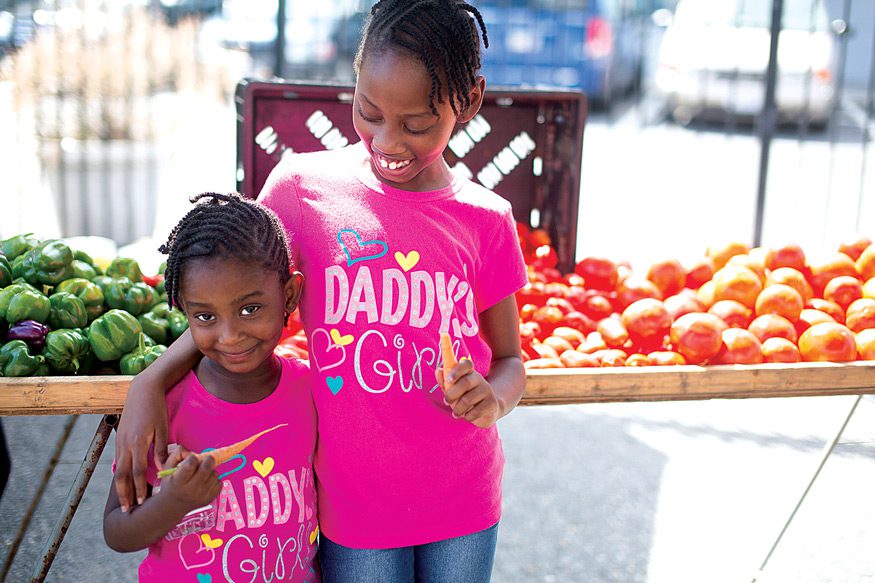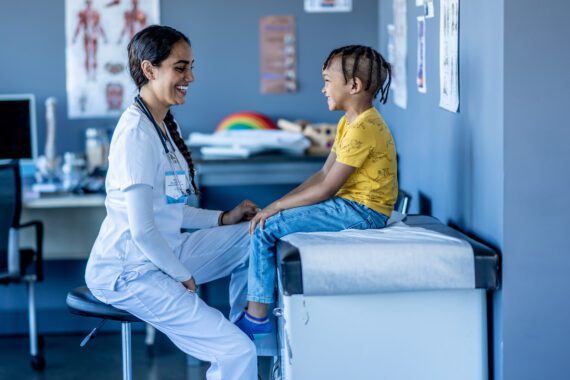The Racial Equity Scorecard is a way of assessing how successfully a given policy/program or legislation applies a racial equity lens.
People of color in the United States are more likely to experience hunger and poverty because of structural racism.
The consequences of the COVID-19 pandemic reflect the impact of structural racism in our country. These preexisting inequities have only been amplified by the pandemic, as people of color, particularly African Americans, are both more likely to become infected with the virus; more likely to die if they become ill; more likely to be in jobs considered essential that may require frequent contact with customers or other members of the public; and more likely to lose their jobs.
Fortunately, public policies can be designed in ways that can overcome these disproportionate impacts and reduce structural racism. Applying a “racial equity lens” is a concept and practice focused on achieving equal outcomes for people of color relative to their white counterparts. When this lens (which puts the needs and leadership of people of color at the center) is applied to policies and programs, the outcomes should be that progress is made toward eliminating racial inequities.
Many broad-based policies could be made more racially equitable by (1) applying this practice to evaluate each part of the policy; and (2) basing recommendations on analysis of how best to address the deep origins of racial discrimination and historical trauma.
To reverse racial inequities, policies must be rooted in the historical trauma each community of color has experienced



